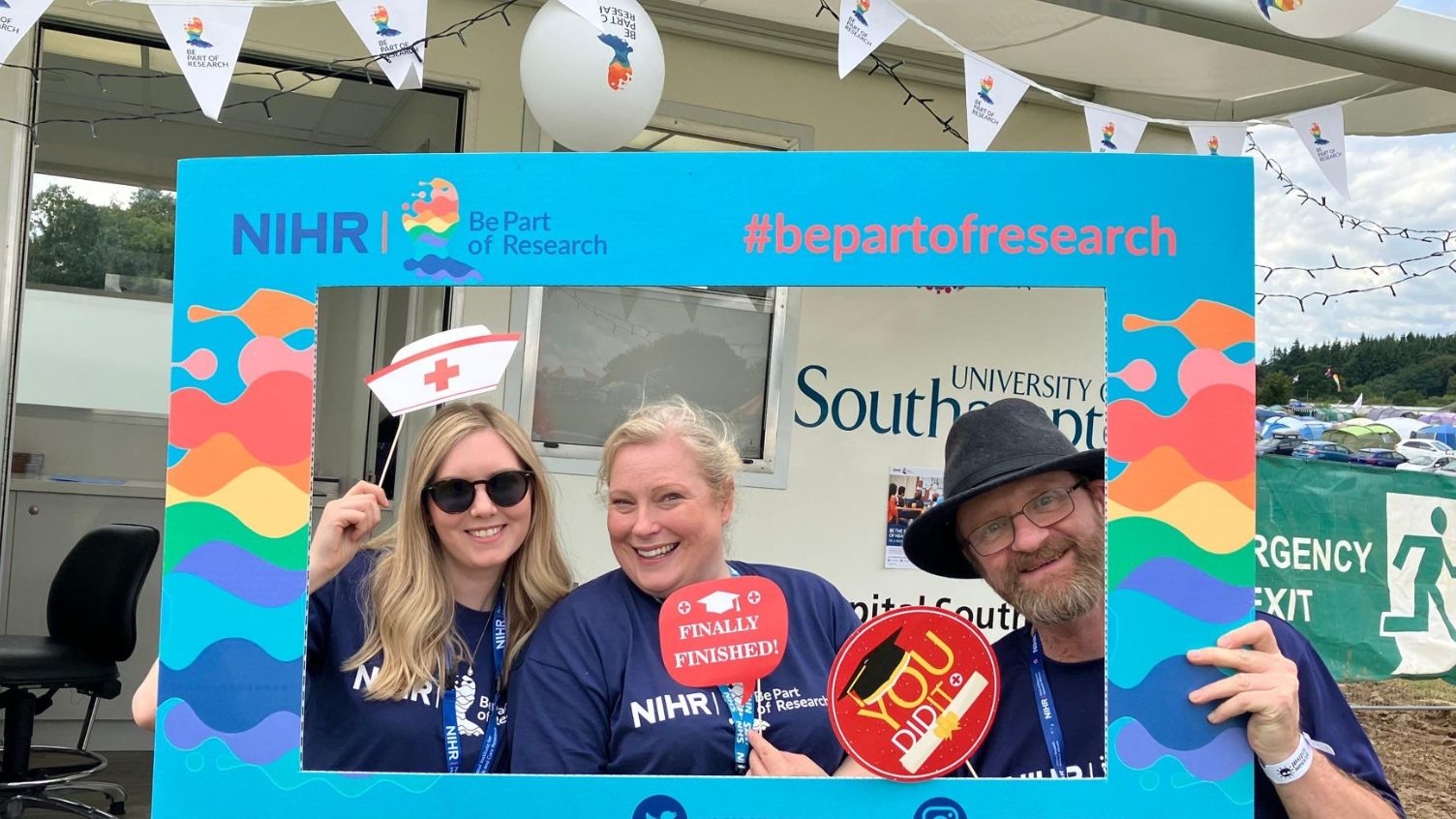Becoming a Clinical Research Nurse — Rashid’s story
- 27 October 2020
- 3 min read
Rashid Almasarwah shares the story of how he came to be a Clinical Research Nurse in North West London.
Staff story: Rashid Almasarwah
Rashid Almasarwah — Clinical Research Nurse in the renal department at Imperial College Healthcare NHS Trust — has worked in nursing for over 35 years. Here he shares the story of his career in research.
“I was really very much interested in finding new ways to do things.”
What path did you take to get into research?
"I've been a nurse since 1985, so almost 36 years now. I first worked in Jordan for 16 years and now over in England for 20, originally working in the renal department.
"I worked with professors in a clinical trial looking for alternative treatments for patients with lupus nephritis and that was my first experience in research.
"I was really very much interested in finding new ways to do things. I understand the importance of bedside care but I thought it would be interesting to help investigate what, how and why things go wrong and try to help."
What inspired you to work in research?
"Back in 1997, I was training to become a clinical instructor. As part of that I did my dissertation on hospital-acquired infection. It happened at that time there was an international nursing conference, and I was asked to present my paper. I was very young — the youngest presenter there probably at that time — so I was very happy presenting a research paper.
"That paper provided evidence that helped to build workshops on infection control, which I worked on for days all over the country. So that was really beautiful.
"And the professor I worked with in early 2006 was very supportive so that kept me going.
"Also in science, there's no way you ever have enough information. Every single day you learn something."
What skills do you think are needed for a career in research?
"I'd say you need a basic science background. Being a nurse is an advantage because you have the science background and the skills to perform lots of tasks, which helps to play a vital role for your patients and colleagues. I believe a research nurse needs some experience on the wards so they know how to care for the patients.
"You need to be really patient when you do research. You also need good communication skills, admin skills and also to be really adaptable."
“…the beauty of it is there are always challenges — it's not a routine-like job.”
What do you love most about your job?
"I remember in 1982, when I went to the nursing college, one of the teachers said 'you should love what you are doing, otherwise you will fail'.
"You work with lots of people in the research process, sometimes internationally. It's really good fun and I do enjoy meeting new people.
"Also, I love to say I witnessed the development of the dialysis machine because I used to work as a haemodialysis Nurse for a long time.
"It's great to witness how we develop new treatments. It sometimes takes a long time but the beauty of it is there are always challenges — it's not a routine-like job."
What have been your career highlights?
"I've been involved with lots of studies. Being able to witness how people find success with new treatments is wonderful. It's really nice."
“…you'll feel very wonderful when you see the outcomes and improve patient lives.”
Why work in research?
"Working in research is something really beautiful. You can witness how new treatments are developed and updated all the time. It gives you lots of satisfaction. When you have the knowledge or skills — or even just the potential — there's lots of support there."
What would you say to your younger self when you were considering future careers?
"Since I graduated in 1985, I've never stopped. I've never felt like 'this is my comfort zone'. Lots of people might think there's not much promotion in nursing, but you can go far if you keep updated with your knowledge and develop new skills and expertise.
"And I'd say you'll feel very wonderful when you see the outcomes and improve patient lives."
- Discover more research staff stories from North West London.
- Follow the NIHR Clinical Research Network North West London on Twitter, LinkedIn and Facebook.


